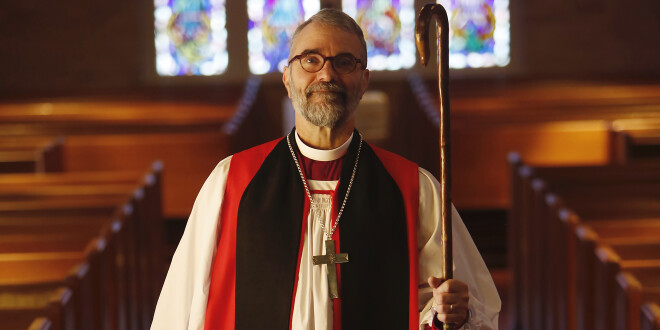The Real Christian Purple

It sometimes seems finding Christian common ground, without anger, to real effect, between red and blue, is impossible these days. It is not hard to find causes we in theory agree with, though set out deliberately in a provocative way for political effect. But maybe it is not so hard! Let me list two which both sides should approve… except that they may cost their financial masters money…
Nicholas Kristof, the center left journalist for the New York Times, has written in horrendous detail about the pornography industry. In short, it is implicated in human trafficking. In other words, prosecution is not suppression of free speech, but rather of modern day slavery. He makes clear that it is not impossible to find the perpetrators. Progressives should applaud ending oppression of the most vulnerable, conservatives curtailing a moral blight. But there are huge moneyed interests here…
Yuval Levin, a center right social theorist, has written recently to describe the deleterious effects of social media. Meta itself has documented the harm done to young girls in lowering positive self-image and raising levels of depression. Levin also reminds us that at present social media are in effect illegal for those under 13, a fact the industry would rather you not know. If it can be regulated under 13, it could be so for those under 18. Both conservatives and liberals have their own reasons to be wary of Big Tech, though, again, those corporations pay many pennies to various pipers. If we balk from such a measure, which would actually move the juvenile mental health needle, we need to ask ourselves why. At the very least, we cannot fall back on the usual red/ blue line of affiliation. In the coming years, this is where the real frontier of social advocacy will be found.
Peace,
+GRS



